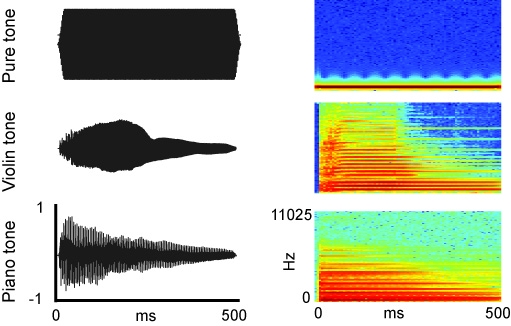
Clearly it was fate: I woke up on a friends couch at 4 am and this was playing on TV. I've been listening to it every day since then.
Ludovico Einaudi was, like most of the 7 billion human beings on Earth today, unknown to me. Since this fortuitous accident, I've been enjoying his work a great deal. It's all solo piano, very much in the vein of George Winston, toeing the line between soothing and haunting. Out of everything I've heard so far, the opening five minutes of Oltremare remains my favorite.
I have been picking the piece apart slowly over the past week, working it out as an arrangement for guitar and bass. I started out attempting my favorite passages by ear, with typically mixed results. When I first tried "ear training" courses back in high school, I quickly found out I have a pronounced blind spot of sorts: my ears have difficulty distinguishing A from B. (To be precise, odds are my ears themselves work fine, and the real problem is with the cottage cheese wiring of my auditory nervous system.) It's a problem but it could be worse, and I'm betting continued training will end it this year.
The defining breakthrough, predictably enough, was being hipped to the fact there's published sheet music for all of Einaudi's albums. Since then, it's been a messy and illiterate process of translating from standard notation into that bastardized language of the fretboard, tabulature. For the most part, this has felt more like a puzzle game than a musical exercise so far, but I found an excellent visualization tool...
Or, taking a more lateral view...
I had been approaching the piece with the guitar in standard tuning, but last night I cracked open the Celtic-sounding passage that starts at around the 1:15 mark and there it was: a low sonorous D, staring me in the face. I love to play around in altered spaces, but considering the whole song is in E minor, I was pretty hesitant to give up on that ringing open note! Still, I had to. Since then I've been adjusting all my voicings and for the most part, the slight change in tuning has been more of a help than a hinderance.
This process has left me with a lot of time to think about timbre. The infamous Chief Noda version of Canon in D was one of the first classical songs that I learned and still a regular muse for me in 2012. I found early on that some of my favorite passages sounded tinny and flat, especially in the upper register, where an open pedal and even polyphony lets a piano melody hang and simmer. The piano, in fact, amounts to a huge analog chorus effect, which is definitely sold separately when it comes to guitars.
For the axe slinger, meanwhile, the Second Law of Thermodynamics manifests itself in the concept of "Inharmonicity," which is a mouthful I don't recommend even attempting to pronounce. If you play, though, you already know exactly what it means. Frets get changed, fingers get moved, and notes disappear pretty quick on this humble Yamaha acoustic. So in arranging Oltremare I am aiming chiefly for what works in a fretted strings context. Keeping track of all the harmony lines leads me to some very Allan Holdsworth, contortionist style fingerings.
As long as we're getting into psychoacoustic High Strangeness, one advantage guitar offers the expressive musician is "Formants" - the hands-on resonance and flexibility that the fretboard offers in exchange for what it lacks.
Once I get the tabulature done, I'll walk through the intro, meanwhile here's some brainfood...
[PDF] An Exploration of Real-Time Visualizations of Musical Timbre - Kai Siedenburg


I noticed this post was from over a year ago, and I am hoping that you still follow it. I have been thinking about doing this exact same thing since I heard the song a few years back (randomly one of his songs came as a free download from iTunes and I have been listening to him avidly ever since). I was wondering if you ever figured out a possible tab translation? I keep meaning to do it, but I just haven't quite found the time.
ReplyDeleteI have, thanks for the nudge. I'll get that organized this weekend and hopefully have it up next week. It's a beautiful piece that taught me a lot about my fretboard...
ReplyDelete